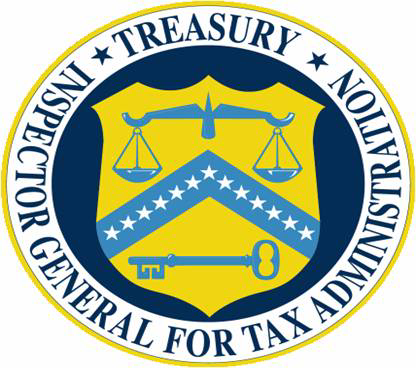WASHINGTON – Although the Internal Revenue Service’s (IRS’s) travel card program controls are generally effective, the agency needs to take more aggressive action to address card misuse.
This is a finding of a new audit report released today by the Treasury Inspector General for Tax Administration (TIGTA), the office that oversees IRS activities, and which made the initial announcement last month about IRS activities involving conservative tax-exempt groups.
TIGTA initiated this audit to assess the controls that the IRS uses to identify potentially fraudulent or abusive use of individually billed travel cards.
The watchdog group found that the design and implementation of travel card controls intended to identify transactions occurring outside of official travel are generally effective and IRS delinquency rates are below one percent. However, current controls do not include any steps designed to detect inappropriate or personal use while employees are on official travel.
TIGTA’s audit also revealed that the disciplinary actions taken by the IRS in response to confirmed misuse were less severe than those suggested in the IRS penalty guidelines in approximately half of the cases reviewed. Further, hundreds of cardholders with evidence of significant financial problems, including insufficient funds checks or suspended and charged-off accounts, were not referred for reevaluation of national security clearances and background checks.
“As its mission includes requiring taxpayers to pay taxes owed on time and voluntarily, the IRS should take further steps to address employees who do not voluntarily pay their travel card bills on time,” said J. Russell George, the Treasury Inspector General for Tax Administration. “Identified misuse should be met with appropriate disciplinary action in order to maintain the integrity of the program,” he added.
TIGTA recommended that the IRS make improvements in several areas, including designing controls to detect personal use of the travel card while employees are on official travel. TIGTA also recommended that the IRS develop a process for referring cardholders with evidence of financial problems to personnel security officials for reevaluation of the employees’ security clearances and suitability for their positions.
In its response, IRS management agreed with the recommendations and plans to implement several corrective actions. In addition, the IRS noted that some of the corrective actions have already been implemented.
Thanks for reading CPA Practice Advisor!
Subscribe Already registered? Log In
Need more information? Read the FAQs




